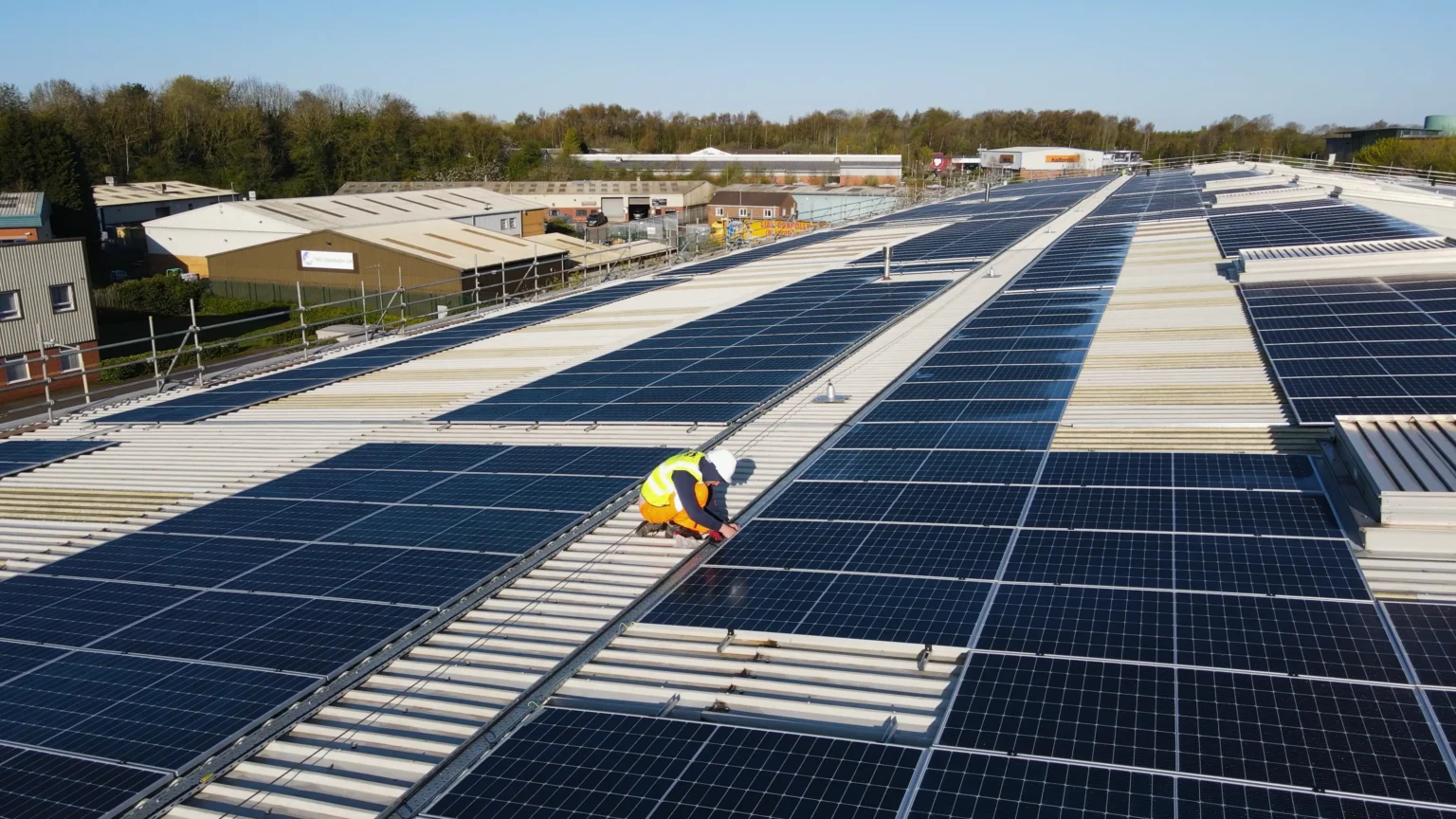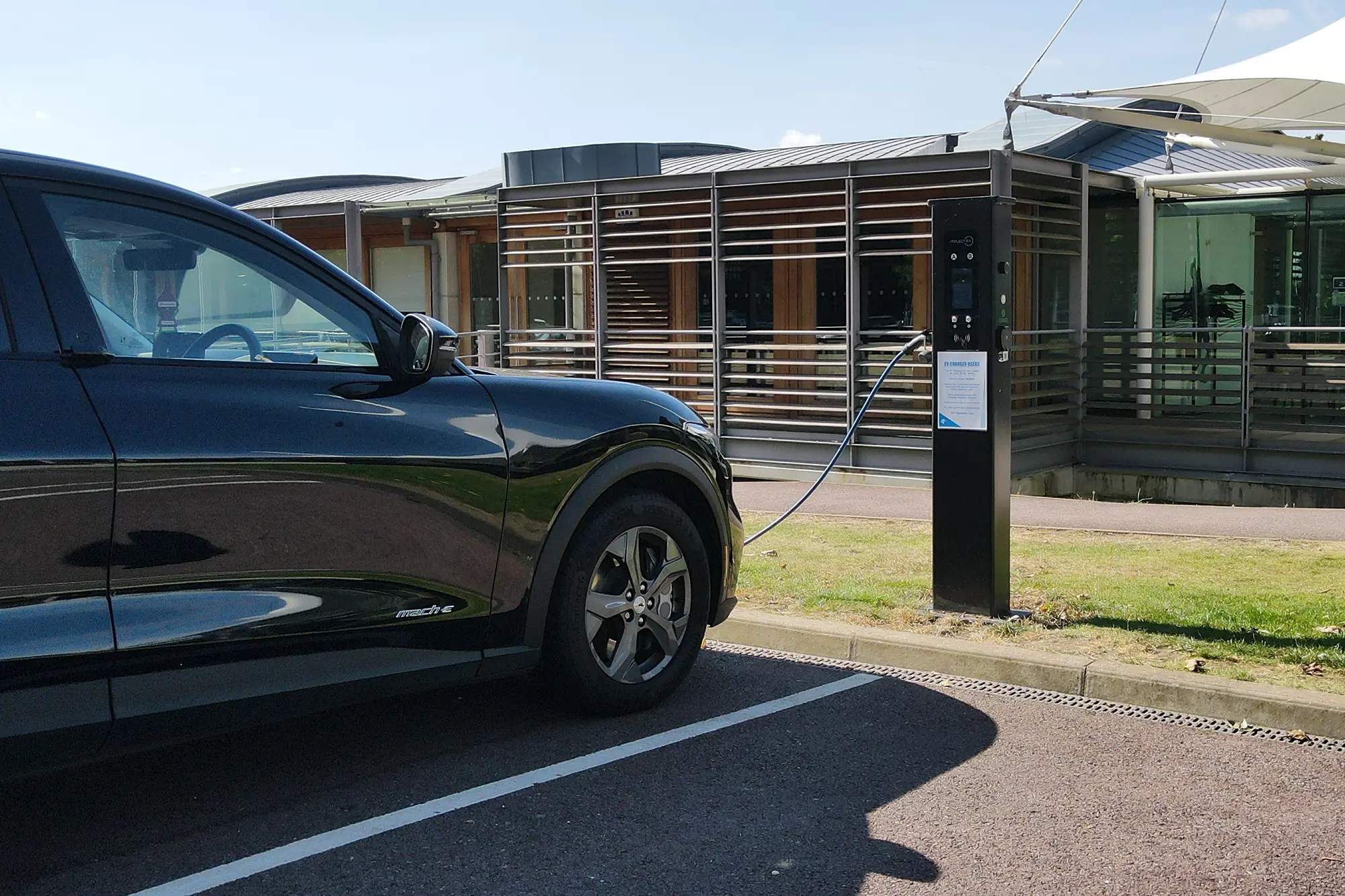Why Schools Should Go Solar: LongTerm Benefits for Education
In today's rapidly evolving world, sustainability and environmental responsibility are not just buzzwords they are core values that shape our future. For schools, adopting ecofriendly practices, like installing solar panels, is not just an option it's a necessity. As finance leaders in small and medium enterprises SMEs and large organisations, understanding the longterm benefits of solar energy for educational institutions can empower you to support a transformative shift towards sustainability. In this article, we will explore the myriad reasons why schools should embrace solar energy and how it can lead to substantial benefits for education.
1. Financial Savings and Budget Relief
One of the most compelling reasons for schools to invest in solar energy is the significant savings on energy bills. Schools typically have substantial energy expenses, which can strain budgets already stretched thin. By harnessing solar power, schools can drastically reduce their reliance on traditional energy sources, leading to lower monthly energy bills.
For example, consider CMS Cepcor, a leader in the engineering sector, which successfully implemented a state of the art solar installation with a capacity of 131.4kWp. This initiative not only reduced their annual energy spend but also demonstrated how organisations can convert their rooftops into productive assets. Imagine the financial relief that similar installations could bring to schools, allowing them to redirect those funds toward essential educational resources, programs, and infrastructure.
2. Maximising Underutilised Spaces
Many schools are situated on expansive campuses with unproductive dead space think rooftops or unused land. Solar panels can transform these areas into energy generating assets. By investing in solar systems, schools can turn underutilised spaces into productive ones, generating clean energy that not only powers the institution but also aligns with sustainability goals.
As one of the UK's leading commercial solar panel companies, we can help schools assess their properties and identify optimal locations for solar installations. This not only boosts the school's energy independence but also serves as a practical lesson in environmental stewardship for students.
3. Enhancing Educational Opportunities
Going solar offers unique educational opportunities for students. As future leaders, understanding renewable energy sources and sustainability practices is crucial. Schools that adopt solar energy can incorporate lessons on solar technology, environmental science, and sustainability into their curricula, providing students with handson learning experiences.
Imagine a science class conducting experiments to measure the efficiency of solar panels or a math class calculating the cost savings from solar energy. By going solar, schools can foster an environment of innovation and inquiry, preparing students for a future where renewable energy plays a pivotal role.
4. Building a Greener Community
Schools are often viewed as community leaders. By going solar, educational institutions can set an example for local businesses and households, demonstrating a commitment to sustainability. This leadership can inspire other organizations to follow suit, creating a ripple effect that contributes to a greener community.
For instance, Project Better Energy's successful solar installation for CMS Cepcor showcases how businesses can lead the way in sustainable practices. Schools, too, can be at the forefront of this movement, encouraging students and families to adopt ecofriendly practices in their own lives.
5. Long Term Sustainability and Resilience
Investing in solar energy is not just about immediate savings its about longterm sustainability. As energy costs rise, schools that have transitioned to solar are less susceptible to fluctuating energy prices. This stability allows for better financial planning and resource allocation, ensuring that funds are available for critical educational initiatives.
Moreover, as climate change continues to impact our world, schools that invest in renewable energy sources enhance their resilience against potential energy shortages and environmental challenges. By becoming energy independent, schools can focus on their primary mission: education.
Conclusion
In an era where sustainability is paramount, schools have a unique opportunity to lead by example by going solar. The longterm benefits financial savings, enhanced educational opportunities, community leadership, and sustainability are compelling reasons for educational institutions to make the switch.
As finance leaders in SMEs and enterprises, your support for solar initiatives in schools can help pave the way for a greener future, ensuring that our educational institutions are not only places of learning but also beacons of sustainability. Together, we can harness the power of the sun to create a brighter, more sustainable future for our children and communities.





























